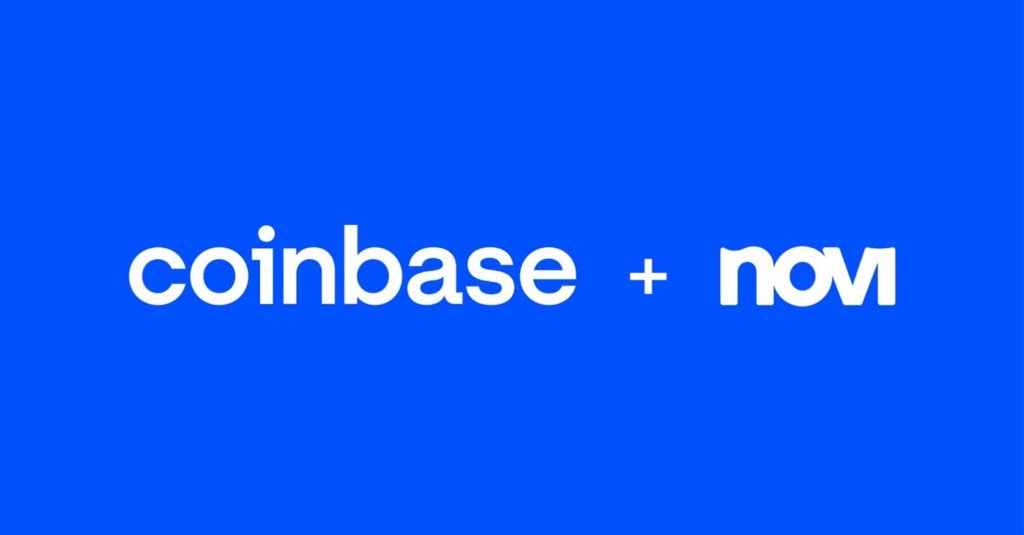Facebook is partnering with Coinbase in an effort to create a new digital wallet that will allow users to send money internationally without any retention.
Η service Facebook's Novi, which has been in the works for several years, will run pilots in the US and Guatemala; according to Facebook. Novi is available to anyone in the US except those living in Alaska, Nevada, New York and the US Virgin Islands.

The tool allows users to send USDP - a fixed Bitcoin linked to the value of the US dollar - which can then be redeemed in local currency. The USDP is one of the many cryptocurrencies associated with the US dollar.
In one suspension Coinbase explains that it provides Novi with its proprietary, fully stored cold storage capacity for managing private keys called Coinbase Custody.
“Coinbase Custody is a top notch platform and crypto custodian securely managing $180 billion on its platform. Over the past nine years, Coinbase has developed deep expertise in secure and scalable crypto infrastructures, which we originally built to power our applications".
David Marcus, head of the Novi division, said that digital wallet intended to help the 1,7 billion people around the world who are unbanked but have access to a smartphone.
"We chose the USDP so that we could test a stable Bitcoin that has been running successfully for over three years and has significant consumer protection features," says Marcus.
The application is already available in the app stores of Google and Apple. Users can sign up for the Novi service using their ID.





